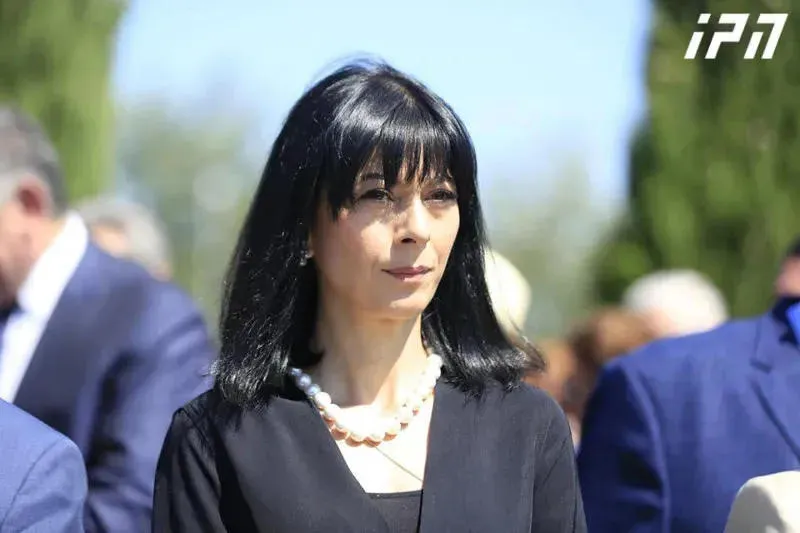
Office of the State Minister for Reconciliation and Civic Equality, headed by Tea Akhvlediani, releases a statement in connection with the so-called presidential elections in occupied Tskhinvali region.
According to the statement, the Georgian Government and the international community do not recognize the legitimacy and results of the ongoing so-called presidential elections, which contradicts the fundamental principles of international law and is another gross violation of Georgia's sovereignty and internationally recognized borders.
According to the agency, in the conditions of the ongoing occupation and the steps towards the annexation, as well as the numerous waves of ethnic cleansing of the local population, the so-called election fails to express the will of the people and, consequently, lacks a legal basis.
"Hundreds of thousands of people displaced from the occupied regions of Georgia over the past 30 years have been deprived of the right to return home safely and with dignity, gross and systematic violations of the fundamental rights of the remaining not numerous population continue on the ground, manifested in life-threatening, ethnic discrimination, erection of barbed wire and other artificial barriers along the dividing lines, restriction of free movement, illegal detention of Georgian citizens, denial of education in native language and other illegal actions. Against the background of the most difficult global and regional challenges, as well as ongoing developments on the ground, the Government of Georgia is steadfastly and consistently pursuing a firmly stated two-dimensional peace policy, one of the strategic directions of which, along with de-occupation, is the implementation of the process of reconciliation and involvement of Abkhazia and Tskhinvali and its further intensification. The main priority remains to care for the people affected by the conflict, including those living in the occupied territories, and to offer them a better future perspective, as well as to deepen the dialogue between artificially isolated communities, cooperation around common interests and confidence-building. This is what the process of strategic review of the state policy of reconciliation and engagement serves, which will be based on specific new visions, depoliticized and humanitarian approaches, as well as the needs and interests of the conflict-affected population," the statement said.
v-if="article.gallery" v-html="article.gallery"
(adsbygoogle = window.adsbygoogle || []).push({});